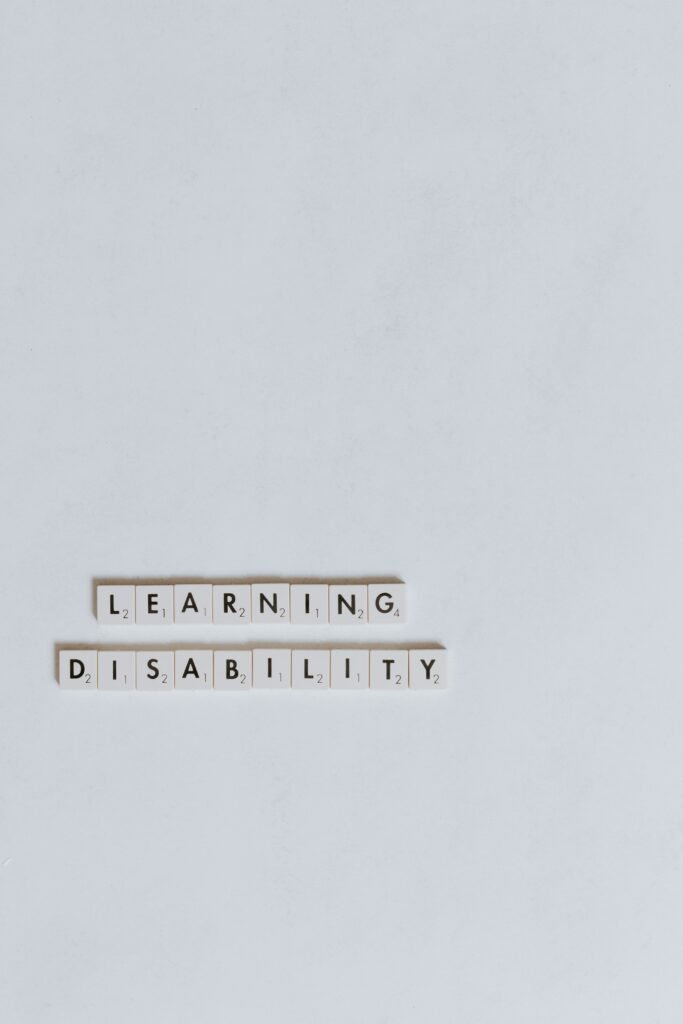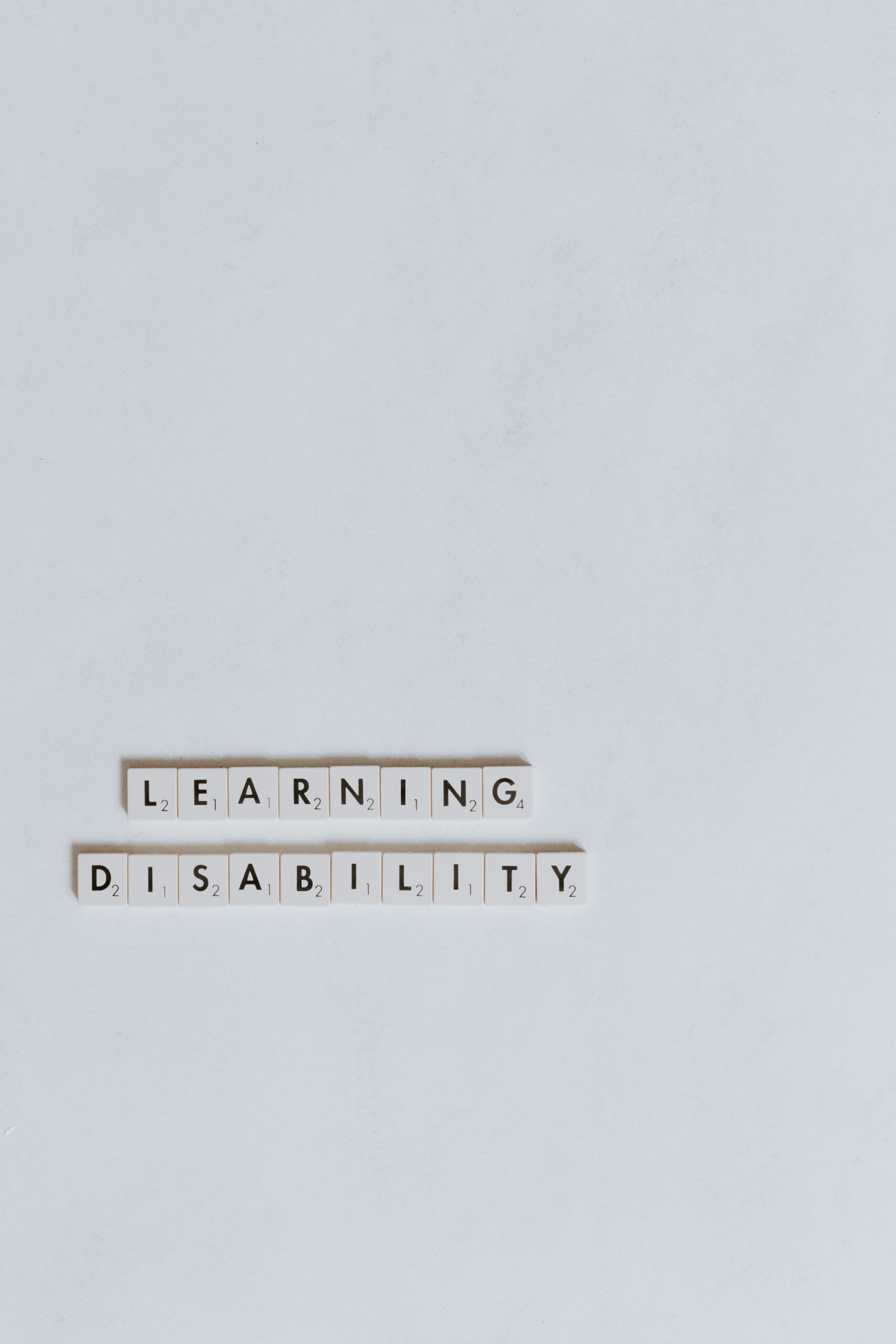Are you struggling with mental health issues and wondering how to navigate the complex process of obtaining short term disability? Look no further, as this article will provide you with essential information and guidance on how to secure the support you need. From understanding eligibility criteria to gathering necessary documentation, we’ll walk you through the steps to ensure a smooth application process and ensure that you receive the assistance you deserve during this challenging time.

Read More Information at Health Joy
Understanding Short Term Disability for Mental Health
What is short term disability?
Short term disability refers to a type of insurance coverage that provides financial support to individuals who are temporarily unable to work due to a medical condition. This coverage is particularly important for mental health issues, as it acknowledges the impact these conditions can have on an individual’s ability to perform their job duties.
Why is short term disability important for mental health issues?
Mental health issues can vary in severity and duration, and they often require time off work for proper treatment and recovery. Short term disability provides a safety net by offering financial assistance during this period, ensuring that individuals can focus on their mental well-being without the added stress of financial instability.
Eligibility for Short Term Disability
Employment requirements
To be eligible for short term disability benefits, individuals typically need to meet certain employment requirements. These requirements may include having a minimum number of work hours or a specific length of employment with the company. It’s essential to review your employer’s policy or employee handbook to understand the specific requirements that apply to you.
Specific mental health conditions covered
Short term disability coverage for mental health issues can vary depending on the policy. Generally, conditions such as depression, anxiety disorders, bipolar disorder, post-traumatic stress disorder (PTSD), and other psychiatric disorders may be covered. However, it’s crucial to review your policy to ensure that your specific condition is included.
Documentation and medical evidence
When applying for short term disability benefits, documentation and medical evidence are essential. This includes obtaining a diagnosis from a qualified healthcare professional, such as a psychiatrist or psychologist. The medical evidence should detail the impact of the mental health condition on your ability to work and any recommended treatment plans.

Read More Information at Health Joy
Obtaining a Diagnosis and Medical Records
Seeking professional help
If you believe you may be experiencing a mental health issue, seeking professional help is the first step towards obtaining a diagnosis and necessary medical records. Schedule an appointment with a mental health professional, such as a therapist or psychiatrist, who can evaluate your symptoms and provide an accurate diagnosis.
Importance of accurate diagnosis
An accurate diagnosis is crucial to establish eligibility for short term disability benefits. It ensures that your condition is recognized and properly addressed by both your healthcare professionals and the insurance company. Be open and honest with your healthcare provider about your symptoms, as this will help them make an accurate diagnosis.
Gathering medical records and documentation
Once you have received a diagnosis, it is essential to gather all relevant medical records and documentation. This includes medical reports, treatment plans, prescriptions, and any other information that supports your diagnosis and highlights the impact of the condition on your ability to work. These records will be vital when applying for short term disability benefits.
Talking to Your Employer
Understanding your employee benefits
Before discussing your mental health condition with your employer, it is important to have a good understanding of your employee benefits. Review your employee handbook or policy to familiarize yourself with the company’s short term disability policy and any other relevant information. This will allow you to communicate effectively and ask specific questions during the conversation.
Informing your employer about your mental health condition
Once you feel ready, it is important to have an open and honest conversation with your employer about your mental health condition. Choose a time and place where you can speak privately and calmly. Clearly explain your situation, including any limitations you may be experiencing, and discuss your need for short term disability leave.
Providing necessary documentation
During the conversation with your employer, be prepared to provide necessary documentation to support your request for short term disability benefits. This may include medical reports, treatment plans, and any other documentation that certifies the impact of your mental health condition on your ability to work. It is crucial to communicate openly and honestly to ensure a smooth and successful application process.

Reviewing your Employee Handbook or Policy
Understanding your company’s short term disability policy
Reviewing your employee handbook or policy is essential to understand your company’s specific short term disability policy. Pay close attention to the eligibility requirements, coverage limitations, waiting periods, and benefit amounts outlined in the policy. Familiarizing yourself with this information will help you navigate the application process more effectively.
Identifying coverage limitations
It is important to be aware of any coverage limitations mentioned in your company’s short term disability policy. Some policies may have exclusions for specific mental health conditions or limit the duration of benefits for mental health-related issues. Understanding these limitations will help you manage your expectations and plan accordingly.
Determining waiting periods and benefit amounts
Short term disability policies often have waiting periods before benefits start being paid out. The waiting period is the length of time you must be unable to work before becoming eligible for benefits. Additionally, understanding the benefit amounts outlined in your policy will help you anticipate and plan for your financial needs during your disability leave.
Submitting a Claim
Contacting your insurance provider
To initiate the application process for short term disability benefits, you will need to contact your insurance provider. They will guide you through the necessary steps and provide you with the required forms. It is important to reach out to them as soon as possible to begin the claims process promptly.
Completing the required forms
The insurance provider will provide you with the required claim forms to be completed. These forms will ask for information about your employment, your mental health condition, and any other relevant details. Take your time to fill out the forms accurately and thoroughly, ensuring that all necessary information is included.
Including necessary supporting documents
In addition to the claim forms, you will need to include supporting documents such as medical reports, treatment plans, and any other documentation that validates your mental health condition and its impact on your ability to work. Ensure that all the necessary documents are compiled and submitted along with your claim forms for a complete and comprehensive application.
Working with Healthcare Professionals
Collaborating with your treating physician
Throughout the process of applying for short term disability benefits and during your disability leave, it is important to maintain open communication and collaboration with your treating physician. Your physician’s input and medical statements will play a crucial role in supporting your claim and ensuring ongoing support throughout your recovery.
Obtaining medical statements and reports
Requesting medical statements and reports from your treating physician is essential to provide ongoing evidence of your mental health condition and its impact on your ability to work. These statements should outline the treatments you are receiving, any recommended accommodations, and the expected duration of your disability. Keep these statements updated to support any appeals or ongoing communication with your insurance provider.
Establishing ongoing treatment plans
While on short term disability, it is important to establish ongoing treatment plans with your healthcare professionals. This may involve regular therapy sessions, medication management, or other recommended treatments. Demonstrating your commitment to your treatment plan will strengthen your case and increase the likelihood of a successful claim.
Understanding the Approval Process
Reviewing your claim by the insurance company
Once you have submitted your claim, it will go through a review process by the insurance company. They will carefully evaluate all the information provided, including the claim forms and supporting documentation. The review process ensures that the claim meets the necessary criteria and that all information is accurate and complete.
Potential medical evaluations or assessments
In some cases, the insurance company may request additional medical evaluations or assessments to further assess your mental health condition. These evaluations may involve an independent medical examination (IME) conducted by a healthcare professional chosen by the insurance company. It is important to cooperate and provide any requested information during this process.
The role of the insurance case manager
Throughout the approval process, you may be assigned an insurance case manager who will act as your point of contact with the insurance company. The case manager plays a crucial role in reviewing your claim, coordinating any necessary evaluations, and providing guidance and support throughout the process. Maintain regular communication with your case manager to ensure a smooth and efficient review.
Managing Your Finances
Determining the short term disability benefits you are entitled to
Understanding the amount of short term disability benefits you are entitled to is crucial for managing your finances during your disability leave. Review your policy to determine the percentage of your regular income that will be replaced by the benefits. This will help you create a budget and make necessary financial adjustments during this time.
Understanding taxation and deductions
It’s important to be aware that short term disability benefits may be subject to taxation. Depending on your country’s tax laws, a portion of the benefits you receive may be taxable. Additionally, some employers may deduct certain expenses, such as healthcare premiums, from your benefits. Familiarize yourself with the taxation and deduction policies to accurately plan your finances.
Budgeting and financial planning during disability leave
While on short term disability, it is essential to create a budget and engage in financial planning to ensure that your expenses are covered during your leave. Consider your essential expenses, such as rent or mortgage payments, utilities, and groceries, and adjust your spending accordingly. If necessary, explore additional financial resources or assistance programs that may be available to you.
Appealing a Denied Claim
Understanding common reasons for denial
If your short term disability claim is denied, it’s important to understand the common reasons for denial. These may include insufficient medical evidence, failure to meet specific policy requirements, or incorrect completion of claim forms. By identifying the reasons for denial, you can gather additional supporting evidence or address any errors before filing an appeal.
Gathering additional supporting evidence
When appealing a denied claim, it’s important to gather any additional supporting evidence that may strengthen your case. This may involve obtaining updated medical statements or reports, seeking a second opinion from another healthcare professional, or gathering testimonials from individuals familiar with your condition and limitations. Presenting a comprehensive and well-supported appeal is crucial for a successful outcome.
Filing an appeal and following the necessary steps
To appeal a denied claim, you will need to follow the specific steps outlined by your insurance provider. This typically involves completing an appeal form and providing any additional documentation or evidence that supports your case. Pay close attention to any deadlines or specific requirements, as failing to comply may result in a further denial of your claim.
In conclusion, understanding the process of obtaining short term disability for mental health is crucial for individuals experiencing mental health issues. By familiarizing yourself with the eligibility requirements, documentation process, and communication with your employer and healthcare professionals, you can navigate the application process with confidence. Remember to review your employee handbook or policy, submit a complete claim, and manage your finances effectively during your disability leave. In the event of a denied claim, gather additional supporting evidence and follow the necessary steps to appeal. By following these guidelines, you can access the support and resources you need to prioritize your mental well-being.








